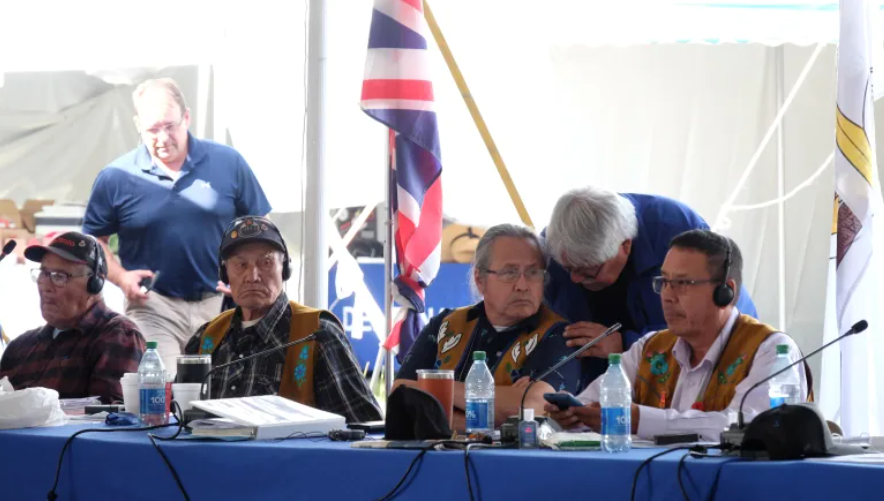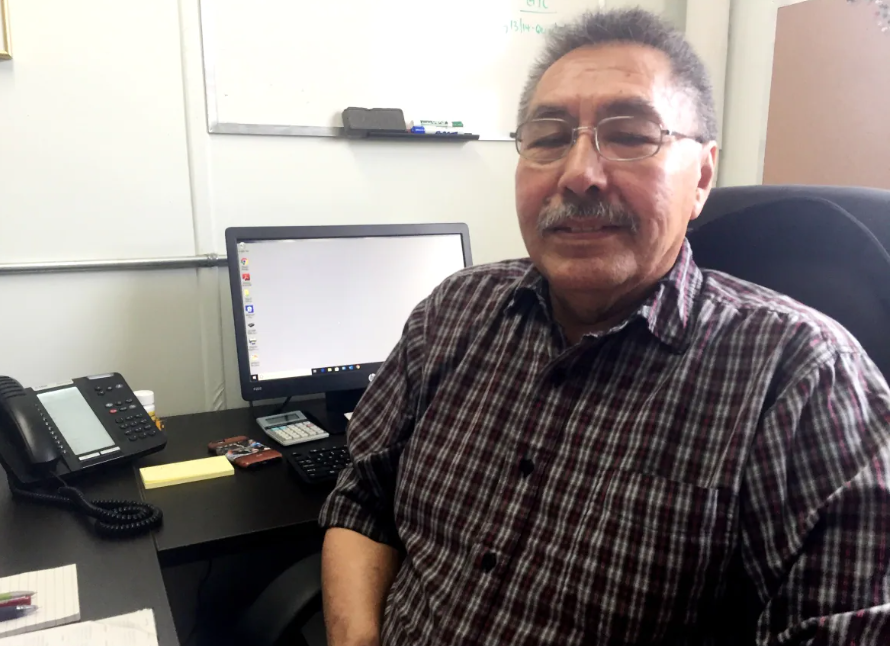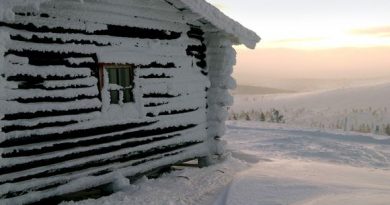Dene Nation leaders gather in Wiliideh for Dene assembly

Dene leaders are gathered this week on Chief Drygeese Territory for the Dene National Assembly, discussing the work they are doing for their communities, their challenges, and important areas for advocacy like housing, education, wellness and treatment programs and child welfare.
“It’s a space and time for us to reflect with each other about a lot of things that are really close to our heart, looking at how we can be able to do things together going forward,” said Dene National Chief Gerald Antoine.
Antoine said meeting at Wiliideh, the river site where Yellowknives Dene First Nation is hosting Dene leaders and delegates, “brings us a little bit closer and it allows us to be able to share with each other.”
The gathering began with a feeding of the fire, and delegates discussing the most urgent issues in their communities.

Antoine also said the community is “very frustrated” with the lack of funding to manage their own affairs and combat problems like addiction.
Łı́ı́dlı̨ı̨ Kų́ę́ First Nation Chief Kele Antoine echoed that concern, saying that as communities increasingly run their own programs for youth, wellness, and even COVID-19 relief, they struggle to get funding, which is filtered through multiple governments.
He said money should not be going through Indigenous Services Canada or Crown Indigenous Relations and Northern Affairs Canada, but directly to Indigenous nations.

Inuvik Native Band Chief Chief Robert Charlie said the last few years have been challenging for the community and that the funding the band received “doesn’t meet the needs of the band.”
Without impact benefit agreements, “we’re continuously having to write proposals and have people advocate on our behalf. It falls on deaf ears,” he said.
Child welfare, housing, education
Gwichya Gwich’in Chief Phillip Blake said he wants the Dene National Assembly to look at the issue of social services apprehending children, placing them in the south, and failing to notify communities that their children are about to be placed in a southern home.
“After everything is done to take children from our bands to homes in the south, it’s only after the fact that they take the children permanently that the chiefs are notified.”

“We shouldn’t let our children be in the south with strangers,” he said.
On Tuesday, the assembly will focus on housing and education.
On Wednesday, the delegation is set to discuss water issues and child and family services.
Leaders will also discuss the pope’s visit to Canada, and unmarked grave sites at residential schools.
The Dene Nation has a multi-year plan for consulting with Elders, identifying potential sites, and commissioning ground penetrating radar experts to perform work on more than a dozen residential school sites in the N.W.T.
Another major topic of discussion is the urgent need for treatment centres to help tackle addictions in communities, addictions which many leaders said are costing lives.
Related stories from around the North:
Alaska: Inuit Circumpolar Council General Assembly to take place July 19-21, Eye on the Arctic
Canada: Gwich’in Accord expected to be signed at week-long gathering in Old Crow, Yukon, CBC News
Finland: What a Saami-led salmon rewilding project in Arctic Finland can teach us about Indigenous science, Eye on the Arctic
Russia: Oral histories unlock impact of climate change on nomadic life in Arctic Russia, says study, Eye on the Arctic.



